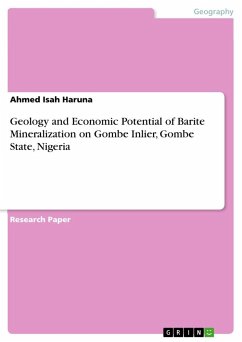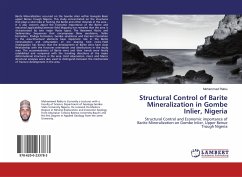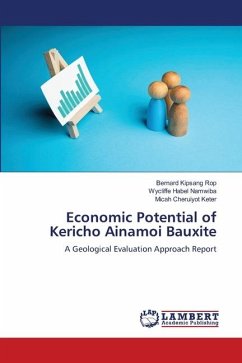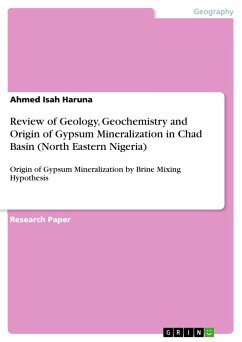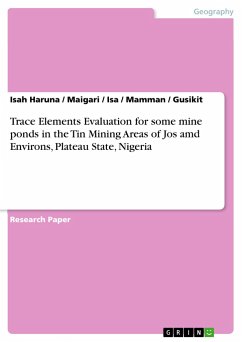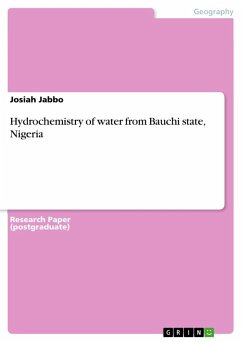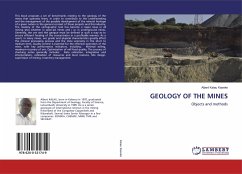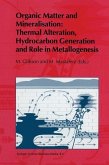Research Paper (postgraduate) from the year 2007 in the subject Geography / Earth Science - Geology, Mineralogy, Soil Science, grade: A, Abubakar Tafawa Balewa University, course: Applied Geology - Economic Geology/ Mineral Exploration, language: English, abstract: Barite (BaSO4) mineralization occurs within Pan African fracture systems in the Gombe inlier. Gombe Inlier is a Basement dome within the Gongola Basin (Upper Benue trough in Nigeria) which exposes most of the stratigraphic sequence (Bima Sandstone, Yolde Formation, Pindiga Formation and Gombe Sandstone). Fieldwork was conducted from March 23rd - 29th 2007, 20 minerals and rock samples were taken from the veins and host rocks, and then Geochemical, petrographic and structural analysis were conducted to ascertain the quality of barite, associated minerals, nature of host rock and also the type of chemical as well as structural barriers for the mineralization. The results shows that the principal planar planes hosting mineralizations were found to trend mostly in NE - WSW direction which conforms well in smaller scale with the trend of strike slip faults that faulted the inlier and on a larger scale conforms with the general trend of the Benue trough. The fractures are therefore probably subordinate to the general structural trend of the Benue trough. The main associated mineralization was inferred to be anhydrite (CaSO4) which is also a sulphate like barite. This suggest competition for SO32+ by Ba2+ and Ca2+ but the deeper fractures host barite because Ba2+ originate from mantle and brought up by hydrothermal fluid through fractures while Ca2+ could be a dissolved ion in sea water. The quality of the barite in some veins is well over 70% BaSO4 which is economically viable. Part of barite in some veins were leached and recrystallized into spindle crystals by later hydrothermal fluid with little effect on its chemistry. The petrographic studies also revealed the purity of some barite veins and also indicated the presence of other associated minerals and also indicates the nature of the silica chemical barrier for the sulphate mineralizations.
Hinweis: Dieser Artikel kann nur an eine deutsche Lieferadresse ausgeliefert werden.
Hinweis: Dieser Artikel kann nur an eine deutsche Lieferadresse ausgeliefert werden.

